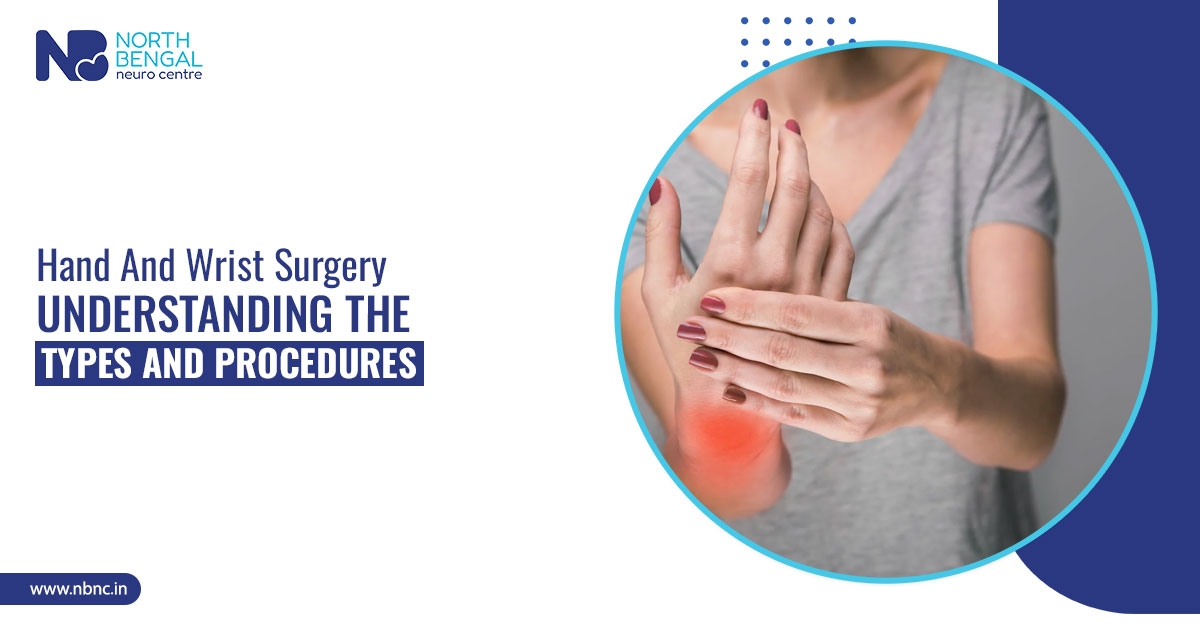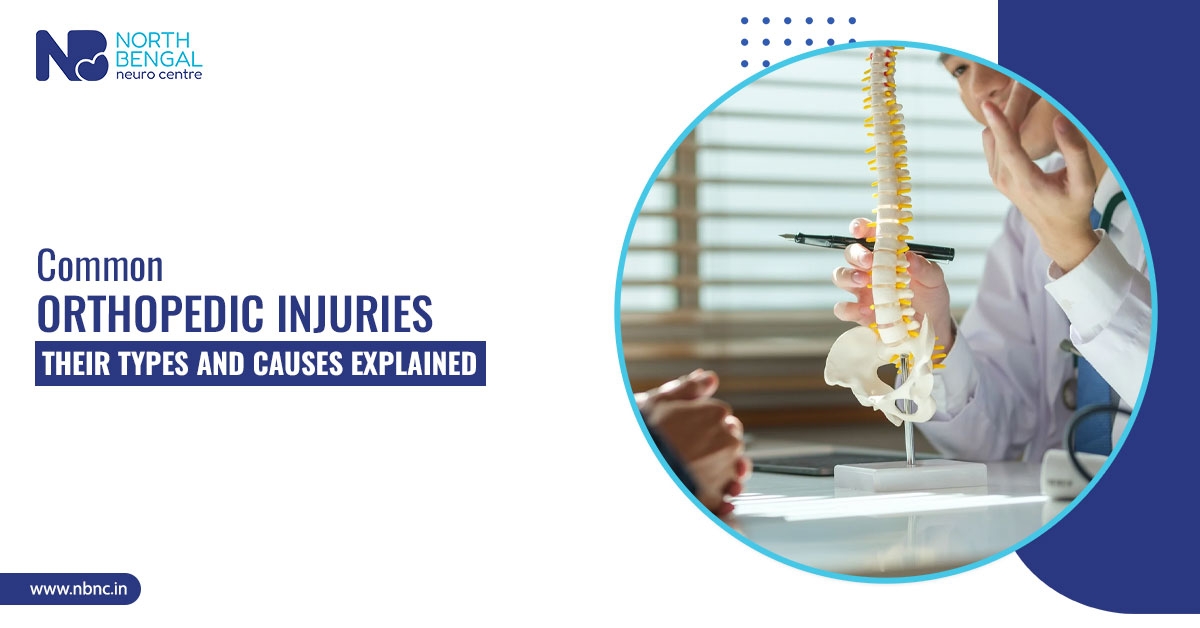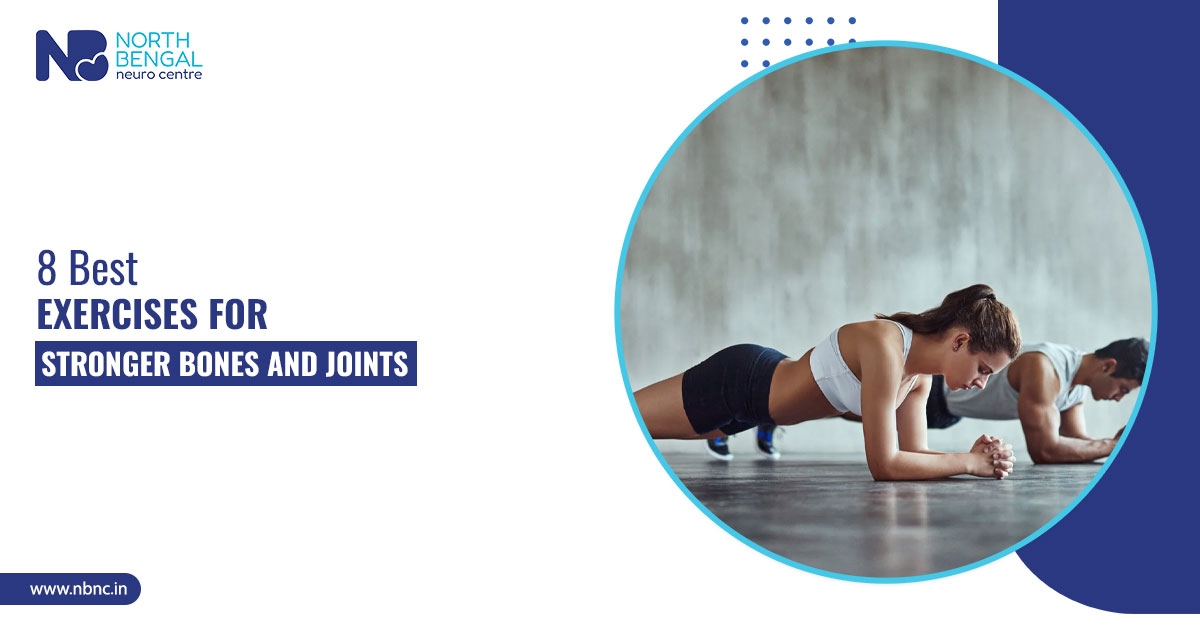Throughout our lifetimes, we often experience various orthopedic conditions. One of the most common health issues that we can suffer from at any point in time is chronic knee pain which can affect one or both of your knees while causing severe discomfort and pain. There are various orthopedic conditions, trauma, and injury associated with knee pain. If you continuously experience this chronic pain then without any delay, book an appointment with a reputed orthopedic doctor in Siliguri.
Common Physical Conditions Causing Chronic Knee Pain
1. Tendinitis
Tendinitis is one of the most common causes of chronic knee pain. The type of tendinitis that causes this pain is often called patellar tendinitis or jumper’s knee. In this condition, the tendon connecting the shinbone with your kneecap gets injured which is a common injury among athletes. In most cases, this condition affects your daily life activities and can take several weeks to heal.
Symptoms: The main symptom of patellar tendinitis is severe knee pain. Initially, the pain is often experienced after any activity but gradually it will worsen and affect your daily life and sports. This condition can also cause redness and swelling.
Treatment: Pain relievers, stretching and strengthening exercises, surgery, corticosteroid injections, and patellar tendon straps are effective treatments.
2. Osteoarthritis
A common form of arthritis that causes knee pain is osteoarthritis. This disorder mainly happens when the protective cartilage cushioning your knees wears down. Along with knees, this disorder can also affect other bones such as hips, spine, and hands. This is basically a wear and tear disease which is more common among aged women. However, in some cases, repeated stress, joint injuries, or obesity can also cause it.
Symptoms: The symptoms of osteoporosis develop gradually and worsen over time. Some of the common signs of it are bone spurs, tenderness, pain, stiffness, and loss of flexibility.
Treatment: There are various medications, therapies, and surgical interventions for osteoporosis such as physical and occupational therapy, NSAIDs, joint replacement, and realignment of the affected bones.
3. Gout
Another type of arthritis causing complex attacks of chronic knee pain is gout. If you suddenly experience a severe attack of knee pain along with swelling then it is vital to visit the best orthopedic hospital in Siliguri for proper care. This disorder often gets triggered when urate crystals gather together in the knee joints. Your weight, diet, family history, and certain underlying conditions such as diabetes, obesity, and high blood pressure can lead to gout attacks.
Symptoms: Apart from intense knee pain, gout attacks can also expose you to other distressing symptoms such as swollenness, lingering discomfort, inflammation, and reduced range of motion.
Treatment: In most cases, gout attacks and their associated knee pain can be managed effectively with medications and lifestyle modifications.
4. Bone tumors
Tumors are not always cancerous because there can be benign bone tumors that can be associated with chronic knee pain. Osteochondroma and enchondroma are the most common types of bone tumors which can lead to distressing symptoms. These tumors often don’t spread to other locations from their original site which also stops growing when your skeleton reaches maturity. Herein, these tumors grow when the bone cells divide uncontrollably and then form a mass.
Symptoms: Knee pain with a sudden increase in intensity with a palpable lump is the obvious symptom of bone tumors. These tumors can make your knees weaker which can also lead to fractures and breaks.
Treatment: The treatment of bone tumors depends upon the size, type, and location. In most cases, watchful waiting with medications is recommended but in case of big tumors, surgical removal can be done.
5. Bursitis
Another condition that can be associated with severe and recurrent knee pain is bursitis. Knee bursitis is a common orthopedic problem that happens when the fluid-filled sacs around the knee joints become inflamed. In most cases, this inflammation happens inside the knee joint or over the knee cap. Some of the common causes that can lead to bursitis are infection affecting the bursa, overuse of the knees, ongoing pressure, and sudden blows in the knees. Women who are obese and suffer from osteoarthritis have a higher chance of developing this condition.
Symptoms: Knee pain, swollen areas, warm feelings, and tenderness are some of the common symptoms of knee bursitis. These symptoms may worsen if the bursa becomes infected.
Treatment: Physical therapy, medications, bursa removal surgery, and corticosteroid injections can treat this condition.
6. Rheumatoid arthritis
People suffering from rheumatoid arthritis in the knees often complain of chronic knee pain. This mainly happens because, in this condition, your immune system starts attacking the tissue lining the knee joints. As this condition progresses, your mobility may reduce drastically due to the damage to the ligaments and tendons. Damaging and weakening of the knee bones are some other impacts of rheumatoid arthritis.
Symptoms: Along with pain, there can be various other symptoms of rheumatoid arthritis in the knees such as swollen joints, stiffness, sudden sticking, grinding sounds, and weakness.
Treatment: The doctor might recommend medications to reduce the inflammation and pain caused. If the medications don’t work, you can be advised to undergo knee replacement surgery due to severe knee damage.
7. Torn ligament
You may also start experiencing sudden and intensifying knee pain if you have suffered from a torn ligament. These types of injuries can happen due to trauma or injuries while playing sports or after accidents. In most cases, the anterior cruciate ligament of your knees gets injured and torn causing severe pain. While experiencing this ligament injury, you can hear a popping sound and then immediately your range of motion reduces, and swelling around the knees develops. In some cases, this injury can also affect the collateral ligament.
Symptoms: Pain while walking and swelling are the most common symptoms of torn ligament. Herein, you will also have less range of motion.
Treatment: The orthopedic doctor in Siliguri may advise compression, ice packs, and medications as early treatment. In some severe cases, knee ligament reconstruction surgery can also be done.
8. Dislocation of knee cap
The kneecap or patellar dislocations can also cause knee pain which mainly occurs when the kneecap moves out of the vertical groove and pops in sideways. A bad step, sudden fall, accident, collision, or other forced incidents can lead to this dislocation. You must know that when this dislocation happens, your patella cannot move up and down anymore. It may take almost 6 weeks to recover from a dislocated patella and until recovery, it prevents you from walking normally.
Symptoms: The symptoms of this condition include pain in front of the knee, stiffness, instability, crackling sound, and locking sensation.
Treatment: There are various surgical and non-surgical treatments for knee dislocations which include physical therapy, medications, and reconstructive surgery.
9. Baker’s cyst
The development of a fluid-filled cyst just behind the knee is known as a baker’s cyst which can also lead to knee pain. This cyst often develops due to underlying knee conditions which may include cartilage tear or arthritis. In these conditions, your knee produces an excessive amount of fluid which then accumulates and forms the cysts. In some cases, this cyst causes no symptoms at all which can delay treatment and cause severe complications.
Symptoms: Knee pain is the most noticeable symptom of Baker’s cyst. However, the other common symptoms can be stiffness, swelling behind the affected knee, and inability to flex fully.
Treatment: Initially, the doctors will advise you on gentle exercises and medications. However, if the cyst is large and causes severe pain then ultrasound-guided needle aspiration surgery can be done.
10. Torn meniscus
A common type of knee injury leading to chronic pain is torn meniscus. Any physically demanding activity that can cause forceful rotation or twisting of the knee can lead to a torn meniscus. Among older adults, certain degenerative changes in the knee can cause this condition without any involvement of trauma. On the other hand, athletes who can participate in sports that involve heavy movement in the knees have a higher risk of suffering from this condition.
Symptoms: Knee pain, popping sensation, difficulty in straightening the knees, swelling, and locked knees are some of the signs of torn meniscus.
Treatment: Proper rest, medications, and ice can help you get relief from this condition. However, if the injury is serious and doesn’t reduce after rehabilitation therapy then surgery is required.
If you have been experiencing knee pain for a longer period then it is extremely essential to visit an orthopedic doctor in Siliguri immediately. Ap
Comments (0)





